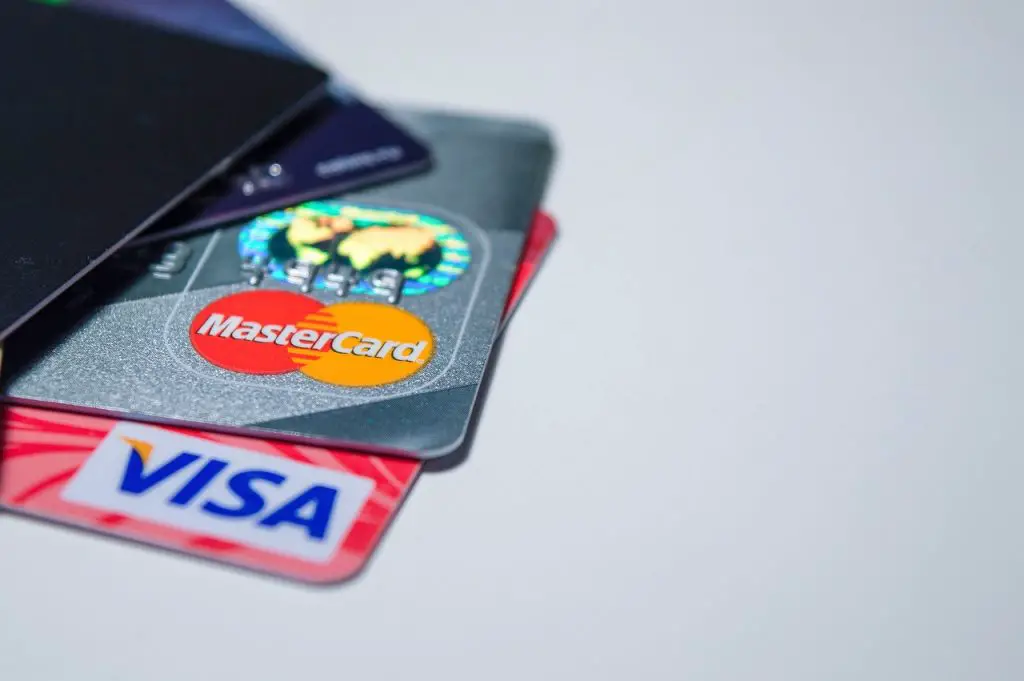The rapid evolution of blockchain technology and the rise of decentralized platforms have created new opportunities for businesses to reimagine their products and services. As a global technology company, Mastercard has been exploring various ways to incorporate Web3 technology into its core offerings. In a recent announcement, Mastercard has unveiled its latest initiative: a Web3 Music Accelerator designed to support the burgeoning decentralized music industry. However, this announcement comes with the discontinuation of their free NFT program. This article will discuss the implications of these developments and the potential impact on the music and digital art industries.
Section 1: Mastercard’s Web3 Music Accelerator – A Game-Changer for the Music Industry
1.1 Aims and Objectives of the Music Accelerator
Mastercard’s Web3 Music Accelerator aims to empower musicians, artists, and content creators by providing them with the necessary resources and tools to succeed in the decentralized music ecosystem. The accelerator intends to:
Offer financial support, mentorship, and guidance to selected artists and creators.
Facilitate collaboration and networking opportunities within the decentralized music industry.
Help artists and creators understand the intricacies of Web3 technology and the potential for tokenization, smart contracts, and decentralized finance (DeFi).
1.2 The Role of Blockchain Technology in Music Accelerator
Blockchain technology plays a crucial role in the Web3 Music Accelerator, offering various benefits, such as:
Transparent royalty distribution: Blockchain enables a transparent and tamper-proof system for distributing royalties, ensuring that artists receive their fair share of revenue.
Direct-to-fan engagement: Tokenization allows artists to create unique digital assets (e.g., NFTs), which can be sold directly to fans, bypassing intermediaries and retaining more profit.
Enhanced copyright protection: Blockchain-based systems can provide more robust copyright protection, allowing artists to securely register their work and prevent unauthorized use.
1.3 Potential Impact on the Music Industry
Mastercard’s Web3 Music Accelerator has the potential to create a paradigm shift in the music industry by:
Reducing the dominance of major labels and intermediaries, giving more power to independent artists.
Encouraging innovation and experimentation by providing resources and support to creators.
Fostering the development of a more equitable, transparent, and sustainable music ecosystem.
Section 2: Discontinuation of Free NFTs – A Step Towards Sustainability and Fair Value
2.1 Reasons for Discontinuation
Mastercard’s decision to discontinue its free NFT program stems from various factors, including:
Over-saturation of the NFT market: With the surge in popularity of NFTs, the market has become increasingly saturated, leading to a decline in the value of individual tokens.
Concerns about environmental impact: The energy-intensive nature of some blockchain networks has raised concerns about the environmental impact of NFTs, prompting Mastercard to seek more sustainable solutions.
Focus on quality and value: By discontinuing the free NFT program, Mastercard aims to shift the focus towards high-quality, valuable NFTs that truly benefit artists and fans.
2.2 Implications for the NFT Market
The discontinuation of free NFTs may have several implications for the digital art market, such as:
A shift towards more sustainable and energy-efficient blockchain solutions, as companies prioritize environmental responsibility.
Increased emphasis on quality and innovation, as artists and creators strive to differentiate themselves in a crowded market.
Greater scrutiny of NFT marketplaces and platforms to ensure that they prioritize artist rights and fair revenue distribution.
Section 3: Challenges and Future Prospects for Mastercard’s Web3 Initiatives
3.1 Challenges
Mastercard’s Web3 Music Accelerator and discontinuation of free NFTs will face several challenges in the evolving digital landscape, including:
Regulatory uncertainty: As governments and regulators around the world grapple with the implications of decentralized technologies, there may be legal and regulatory hurdles for Mastercard and its partners to overcome.
User adoption: Convincing artists and creators to embrace Web3 technology and the opportunities it offers will require significant education and outreach efforts.
Scalability: As the number of participants in the decentralized music ecosystem grows, ensuring that the underlying blockchain infrastructure can accommodate increased traffic and activity will be critical.
Security and privacy: Protecting the intellectual property of artists and ensuring the privacy of user data will be of paramount importance in the Web3 Music Accelerator initiative.
3.2 Future Prospects
Despite the challenges, Mastercard’s Web3 initiatives hold significant promise for the future of the music and digital art industries. Some potential outcomes include:
Increased adoption of blockchain technology: As more artists and creators embrace decentralized platforms, the broader music industry may follow suit, leading to widespread adoption of blockchain technology.
New business models: The combination of tokenization, smart contracts, and DeFi could pave the way for innovative business models that empower artists and promote equitable revenue distribution.
Collaboration between traditional and decentralized sectors: As the lines between traditional and decentralized music industries blur, new opportunities for collaboration and co-innovation may emerge, benefiting all stakeholders.
Ethical and sustainable growth: Mastercard’s emphasis on sustainability and fair value in its Web3 initiatives could encourage the development of more ethical and environmentally friendly practices within the broader NFT and digital art markets.
Conclusion
Mastercard’s launch of the Web3 Music Accelerator and discontinuation of free NFTs signal a new era for the music and digital art industries. By embracing decentralized technologies and prioritizing sustainability, quality, and artist empowerment, these initiatives have the potential to transform the way creators and fans interact, foster innovation, and promote a more equitable and transparent ecosystem. While challenges remain, the future prospects for Mastercard’s Web3 initiatives are promising, as they continue to reshape the landscape of the music and digital art industries.






